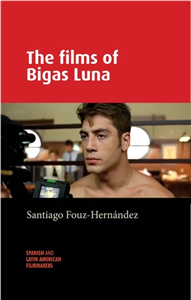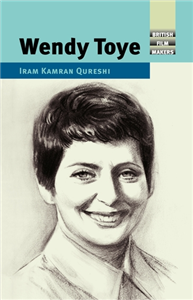This groundbreaking book delves into the remarkable career of Wendy Toye, one of Britain's most prolific, versatile and pioneering directors. Spanning a fascinating journey through her work in cinema, television, and advertising, the study highlights her mastery of visual storytelling, choreographic brilliance, and technical innovation. From her landmark short film The Stranger Left No Card to her contributions in musicals, comedy, fantasy films, and television productions, Toye's work consistently broke boundaries in a male-dominated industry. This insightful analysis also examines her ability to combine artistry with precision, her influence on the postwar cultural landscape, and her lasting legacy as a multidimensional creative force. A must-read for cinema enthusiasts, scholars, and anyone inspired by women's achievements in the media landscape.

























